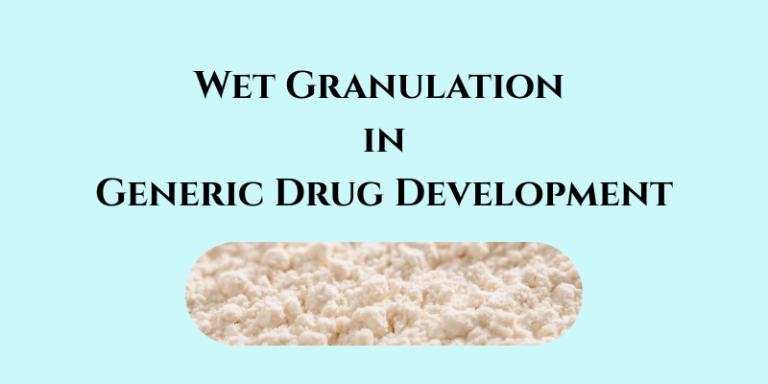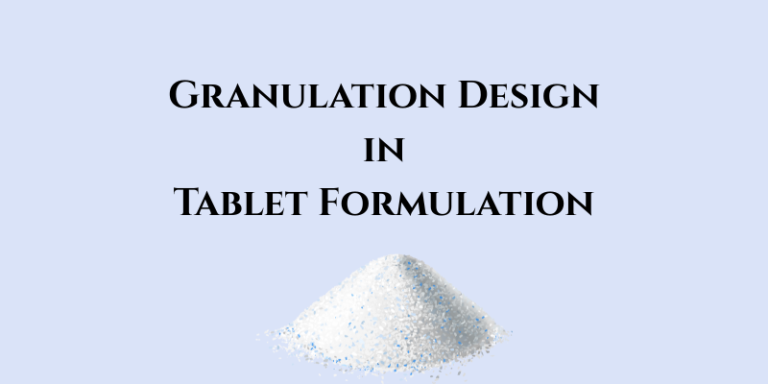Science Behind Excipient Selection in Wet Granulation
In the development of generic oral solid dosage forms, wet granulation remains the method of choice—particularly for formulations involving low-dose actives or APIs with poor flow properties. However, the effectiveness of this method largely depends on how excipients are selected and utilized during the formulation process. Drawing insights from the Handbook of Pharmaceutical Generic Development,…



